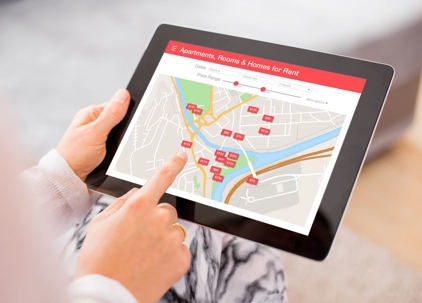The popularity of short-term rentals has increased tremendously over the last few years. For example, in 2018, Californians listing their property for rent on Airbnb received over $2 billion from 9.5 million guests—this does not include revenue made from using VRBO or other room and house rental websites. While this has been a significant revenue source for many homeowners, how this income must be reported varies in different situations. This article will assume that the person owns the home (or condo) that is being rented out.
If a homeowner rents their property for a total of 14 days or less per year, then they do not need to report any rental income on their tax return. This is true regardless of how much rental income they receive for this short time period.
If the homeowner rents out either a room or the entire property for more than 14 days and the homeowner uses the property as their residence (meaning that they still live there), then the taxpayer must report all the income on their tax return (typically on Schedule E). The taxpayer will be allowed to deduct 100% of all direct expenses (such as commissions to Airbnb or VRBO), along with a prorated portion of mortgage interest expense and taxes, and a separately calculated prorated portion of general expenses (such as utilities, insurance, and repairs).
If only a portion of the unit is rented, then the expenses must be further prorated to account for the portion of the house that is actually rented. However, the deductible expenses (on Schedule E) are limited to the total rental income received during the year. The prorated expenses that do not go on Schedule E will otherwise be deductible on Schedule A, subject to certain other limits.
If the homeowner does not use the house at all as a residence, then all rental income will be reported on Schedule E to their tax return. The taxpayer will be able to deduct all legitimate property and rental expenses, subject to the passive activity loss limitation rules in IRC §469.
It is possible that the rental may be treated as a hotel or a bed-and-breakfast. This can occur if:
- One or more rooms, or the entire residence, is regularly made available for occupancy by customers,
- The homeowner does not use the residence at all during the year as their home, and
- The homeowner provides essential services such as regular cleaning, breakfast, or other meals, changing linens or maid service.
In such circumstances, the rental property will be treated as a trade or business and the taxpayer will need to report the income and expenses on Schedule C to their tax return.
These are the general rules for how short-term rentals are taxed. However, this article is not tax advice and the homeowner must consult with their CPA in order to determine exactly how to report the income and take the appropriate deductions.
We can help, too. Contact our Monterey County real estate lawyerswith your questions onlineor at (831) 228-5619.
This article is written by Patrick Casey, who is a business attorney with JRG Attorneys At Law in Monterey. You may reach the author at (831) 269-7114 or at patrick@jrgattorneys.com.
Meet the Author


